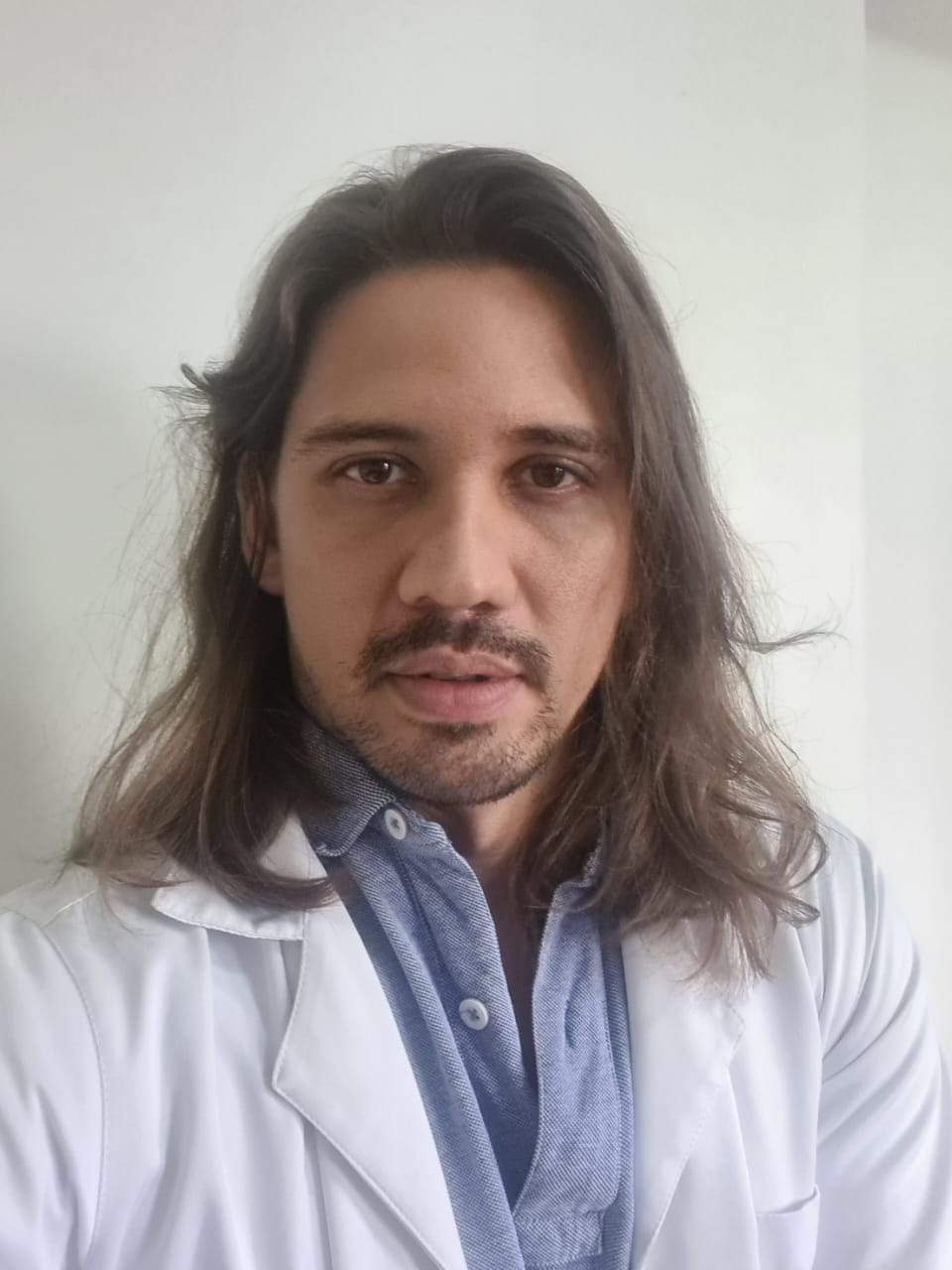According to the World Health Organization (WHO), a patient uses medicines in a rational and correct manner, when they are received for his clinical conditions in doses appropriate to his individual needs, for an appropriate period and at the lowest cost to himself and others. the society. It must be prescribed by a qualified professional including a pharmacist, as permitted by law.

In a recent report published by the National Drug Toxic Information System (Sinitox), it was found that in 2017, approximately 25% of poisonings were caused by drugs, and they are most prevalent among children aged 1 to 4 years. These poisonings can sometimes be fatal, and according to the report, in this period there were more than 50 deaths caused by drug poisoning.
The data presented only reflect what has been reported to poison control centers, leaving a large gap between previous information and the actual number of complications from irrational use of drugs. We know that these numbers are much higher than presented in the report, as a large part of the population is unaware of the importance of reporting adverse reactions to certain formulas and some professionals are unprepared to confront the problem of irresponsible self-medication. .
Irrational or inappropriate use of medicines is a serious problem that crosses borders and leaves many countries on alert. The World Health Organization estimates that more than half of all medicines are improperly prescribed, dispensed or sold, and nearly 50% of all patients do not use them properly.
Who makes this mistake most often: the use of five or more drugs per patient (“multi-drugs”), the inappropriate use of antimicrobials, often in insufficient doses and for non-bacterial infections. In addition to the lack of prescription according to clinical guidelines, non-adherence to dosage regimens, insufficient consumption of pharmaceutical classes, concurrent use of several drugs without technical standards and multiple prescriptions due to lack of information passed on to the prescriber. Faced with the need for judicious consumption of medicines, the pharmacist becomes an essential element of cooperation with rational use.
Although the pharmacist is seen as a health care advisor, the last professional most patients come into contact with before beginning to use their medication, in addition to being an important figure in dispensing medication to the patient, this activity comes as an intervention with severe changes nowadays . Especially with regard to easy access to information via the Internet, social networks, blogs, friends and neighbors who point out and direct the indiscriminate use of drugs.
It is important for residents to know that a pharmacist is prepared to advise on pharmacological and non-pharmacological measures that can help treat or better diagnose diseases.
In addition, the pharmacist advises seeking medical and/or dental (dentist) care, regarding care when expired or unused medications are obtained, used, stored and disposed of properly, as well as other information to improve the patient’s quality of life. . Doubts about the correct use and disposal of these expired syrups and ointments? Always talk to your pharmacist!
Alvaro Paulo Sousa, Professor at Estácio and Master of Biological Sciences.

“Wannabe internet buff. Future teen idol. Hardcore zombie guru. Gamer. Avid creator. Entrepreneur. Bacon ninja.”

